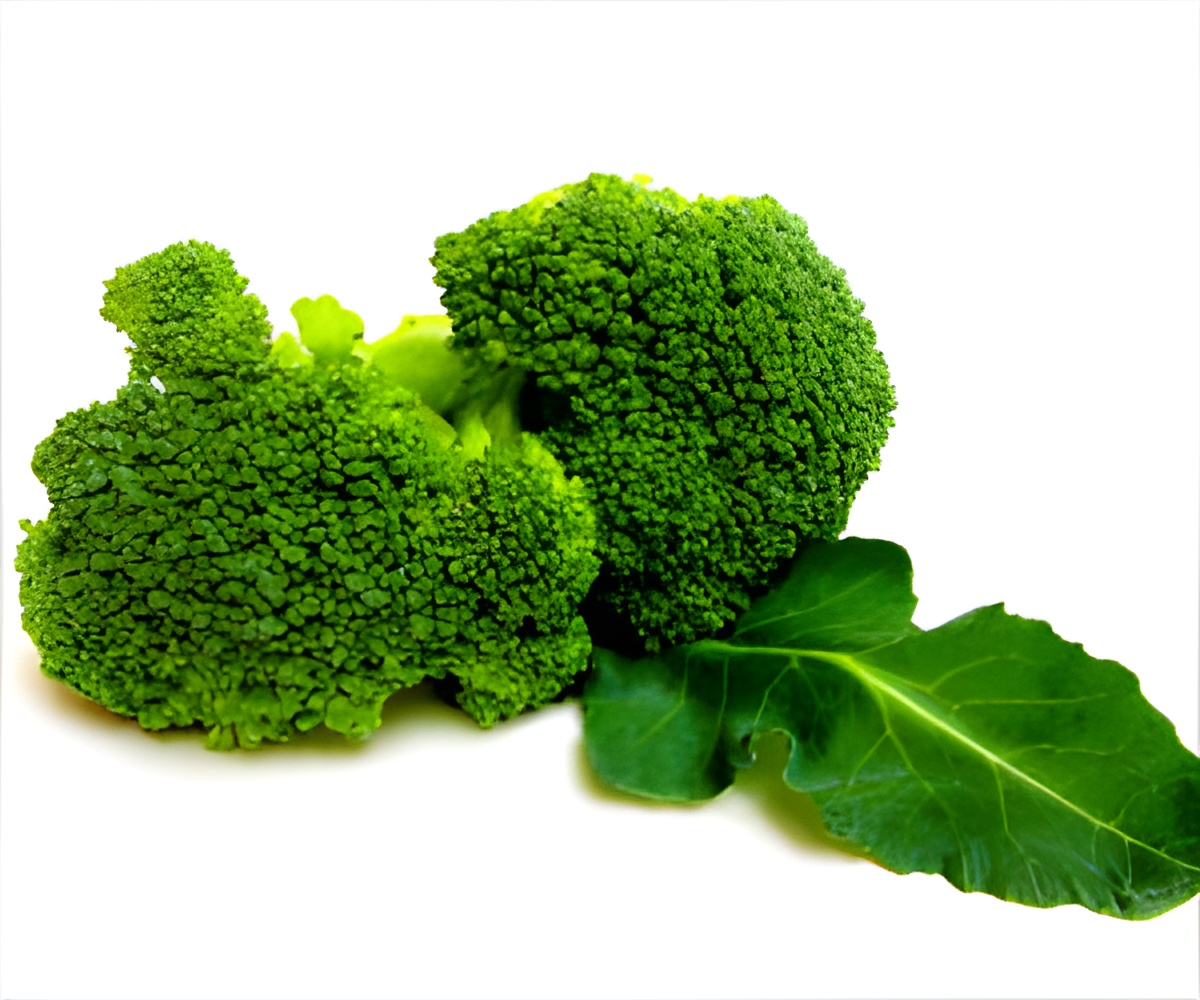University of Illinois scientists have restored the frozen broccoli's ability to form sulforaphane, the cancer-fighting phytochemical present in fresh broccoli.

Elizabeth Jeffery, a U of I professor of nutrition said that as little as three to five servings of broccoli a week provides a cancer-protective benefit, but that isn't true for bags of broccoli that you pluck out of your grocery's freezer.
The problem begins when soon-to-be-frozen broccoli is blanched, or heated to high temperatures, to inactivate enzymes that can cause off-colors, tastes, and aromas during the product's 18-month shelf life, she explained.
The extreme heat destroys the enzyme myrosinase, which is necessary to form sulforaphane, the powerful cancer-preventive compound in broccoli, she said.
In the second study, the researchers experimented with blanching broccoli at slightly lower temperatures instead of at 86 degree C. When they used a temperature of 76 degree C, 82 percent of the enzyme myrosinase was preserved without compromising food safety and quality.
The researchers first thought that thawing frozen broccoli in the refrigerator might rupture the plant's cells and kick-start the enzyme-substrate interaction. It didn't work.
Advertisement
When they sprinkled 0.25 percent of daikon radish-an amount that's invisible to the eye and undetectable to our taste buds-on the frozen broccoli, the two compounds worked together to form sulforaphane, said Edward B. Dosz, a graduate student in Jeffery's laboratory.
Advertisement
Source-ANI










